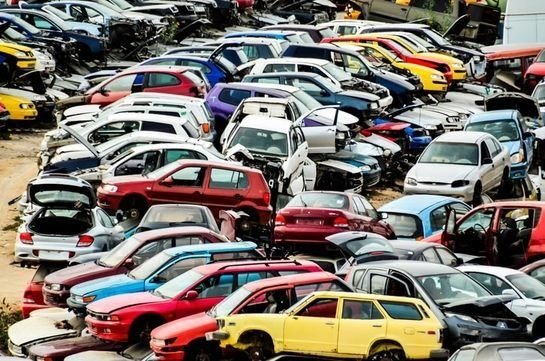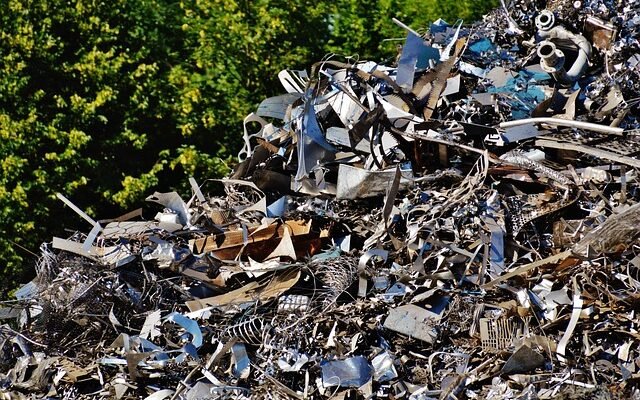The world is going through a time of unprecedented change, both in terms of the environment and consumerism.
more awareness is given to the need for sustainability, metal recycling Adelaide industries are becoming more popular than ever before. This article will outline some of the ways that these industries are helping to improve our planet and why they’re growing so rapidly in popularity.
Respect for the Environment
Metal recycling is an integral part of the world today. The process of collecting and processing waste metal has been around for many years, but it is becoming increasingly popular as more people learn about its benefits.
Recycling metals saves energy, reduces pollution and greenhouse gases, and avoids mining activities that can cause environmental damage. It also helps to conserve natural resources because recycling a given item only requires 5% of the energy that would be required if it were produced from raw materials through mining or manufacturing processes.
Recycling metals is good for you and your community! Not only does it help to protect our environment but it also helps to keep our streets clean by keeping harmful materials out of landfills; reducing landfill costs; creating jobs in industries that use recycled metals as raw materials; providing opportunities for organizations that sell donated building materials at low cost so they can help families.

Optimum Utilization of Resources
Metal recycling is a process of recovering scrap metal from waste products. The economic benefit of this is that it reduces the amount of energy needed to produce new metals and preserves natural resources. In addition, recycling is beneficial for the environment because it reduces greenhouse gases (GHG).
In recent years, there has been an increase in awareness about environmental protection among people worldwide. As a result, they are now more concerned with reducing carbon emissions and conserving resources such as water and fossil fuels. One way you can help protect your environment is by participating in metal recycling activities like those conducted by our company.
Innovation
Innovation and creativity are at the forefront of many industries that have come to rely on recycling. In this day and age, it’s no longer enough to just order a product from a manufacturer and then sell it to your customers—you must innovate and bring something new to the table in order for your business model to be successful.
Innovations can take many forms: new ideas, products, services, or even business models. For example, there are now companies that specialize in renting out trash cans for events. This is not something that was ever done before (or at least not on such a large scale), but now there are companies doing exactly that!
Some innovations are simple while others require time and effort before they become mainstream technologies such as 3D printing which has only recently been used by large-scale manufacturers.
Increased Demand for Metals
The demand for metal recycling is increasing due to the following reasons:
- The demand for metals is increasing. Copper, aluminum, steel, and precious metals are being used in various industrial applications like power generation and construction. There is a constant growth in the number of industries that use metal alloys as raw materials for their product manufacture.
- New technologies require more energy-efficient products which consume less energy than existing ones. This leads to a surge in the demand for renewable sources of energy like solar panels; wind turbines; etc., made from aluminum alloys or other materials such as copper that have high conductivity properties making them ideal candidates for such uses
Conclusion
This is a great time for Adelaide hills recycling industries, as the demand for metals is on the rise. The future looks bright for companies in this sector with plenty of opportunities to grow and succeed through innovation.



